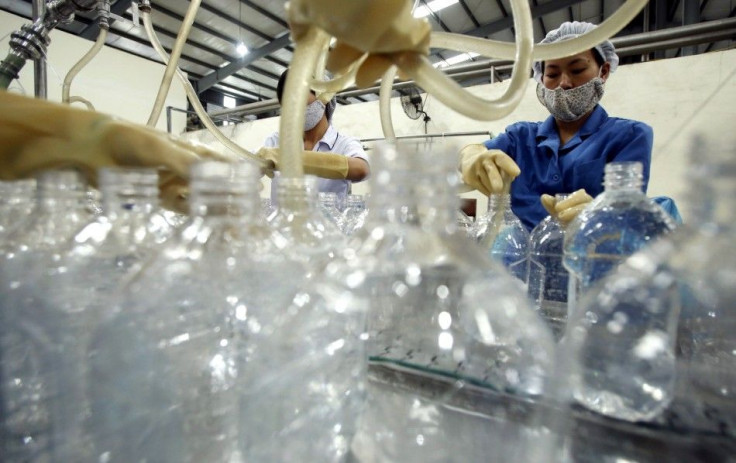Health Authorities Cite Lack of Funds in Addressing Alcohol Abuse Treatment

Health workers, including alcohol treatment providers, expressed concern that the prioritisation given to alcohol harm might not trickle to them especially on additional funding.
A report, titled A Measure of Change, said while local authorities are expecting the proportion of the substance misuse budget that is spent on alcohol to either increase or stay the same, many treatment providers say they are concerned that this prioritisation will not be reflected in funding flowing through to them.
The report by Alcohol Concern looks at the impact of changes to the health system on funding and whether alcohol has become a greater priority than before the changes. It found that the majority of local authorities expect funding for alcohol services and activities to stay the same or increase over the next three years. However, in contrast, almost a third of treatment providers say they have seen funding decrease in the last financial year and two-thirds of treatment providers expect funding to decrease in the next three years.
It also found that local authority areas experiencing high levels of alcohol-related harm were the least likely to expect increased funding for alcohol. Meanwhile, treatment providers in high- and medium-harm areas were far more likely to expect a decrease in funding than those in lower-harm areas.
Tom Smith, policy programme manager at Alcohol Concern, said, "As may have been expected, spending on alcohol services remained unchanged in many areas in the first year after the public health transfer to local authorities, but there are anxieties, certainly from treatment providers, about the future.
"It is a real concern for the future that those local authority areas battling against the worst levels of alcohol-related harm are the least likely to expect increased funding for alcohol.
"Alcohol misuse has a huge impact on local communities so it's vital that local authorities recognize this and create joined up strategies to address all the issues. Both treatment and prevention services need to be given clear prioritization and responsibility must not be allowed to fall between the gaps of local bodies and service's remits."
Addiction-rehabilitation company BioCorRx, Inc. (OTCQB: BICX) Chief Operating Officer Brady Grainier said that alcohol abuse has a huge impact on the community and poses real health risks.
Granier said, "Alcohol abuse costs the economy over $220 billion a year in property damage, healthcare costs, and loss of productivity in the work place."
The findings in this interim report have been drawn from the first of two sets of questionnaires. The first wave of questionnaires was sent out in the financial year 2013/2014. The second set of questionnaires will be sent out in the financial year 2014/2015 and will help form the final project report due in winter 2014.
The questionnaires were sent to 30 of the 152 upper-tier local authorities who now have responsibility for commissioning alcohol prevention and treatment services, representing around 20 per cent of the total. They were also sent to the Clinical Commissioning Groups (CCGs) and alcohol treatment providers operating in the same 30 areas.
BioCorRx, Inc. has developed an innovative approach to alcohol and opioid abuse treatment called the Start Fresh Program that is believed by some experts to be a "game-changer" in the rehabilitation sector.
The Start Fresh Program is a two-tiered program used by local addiction clinics across the United States which involves an outpatient medical procedure and psycho-social coaching.
The program's first component involves an outpatient medical procedure to embed BioCorRx's biodegradable naltrexone implant under the abdominal skin and fatty tissue. The implant then delivers therapeutic levels of the antagonist drug, naltrexone, into the bloodstream which can curb cravings for alcohol or opioids.
The second tier of the program involves a private, one-on-one coaching program to address the specific needs of the alcoholics and addicts as well as to help him or her plan for a life free from substance abuse.
Learn more information about the Start Fresh Program and possible investment opportunities with BioCorRx, Inc. by visiting its new investor relations website www.BICXcorp.com.





















